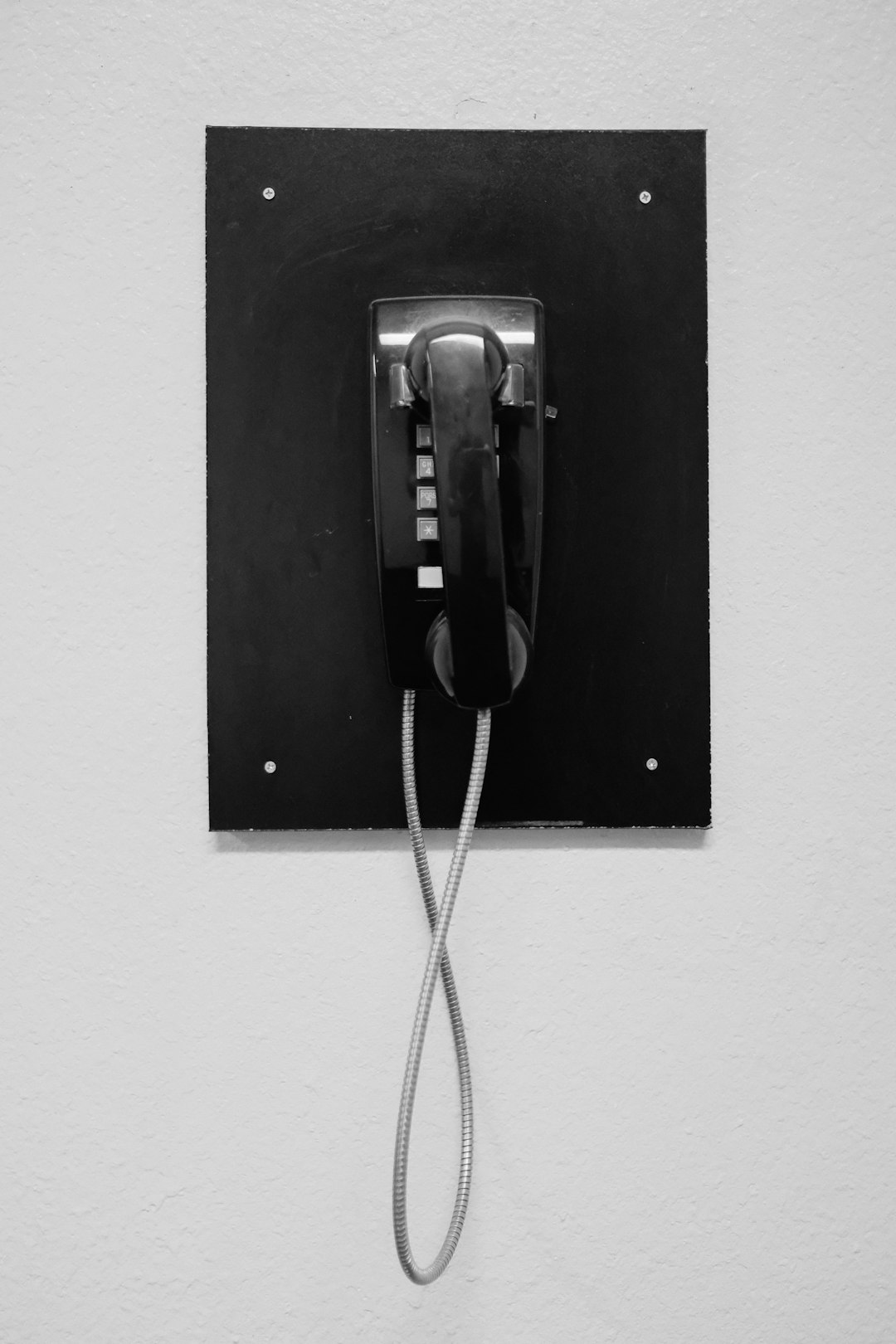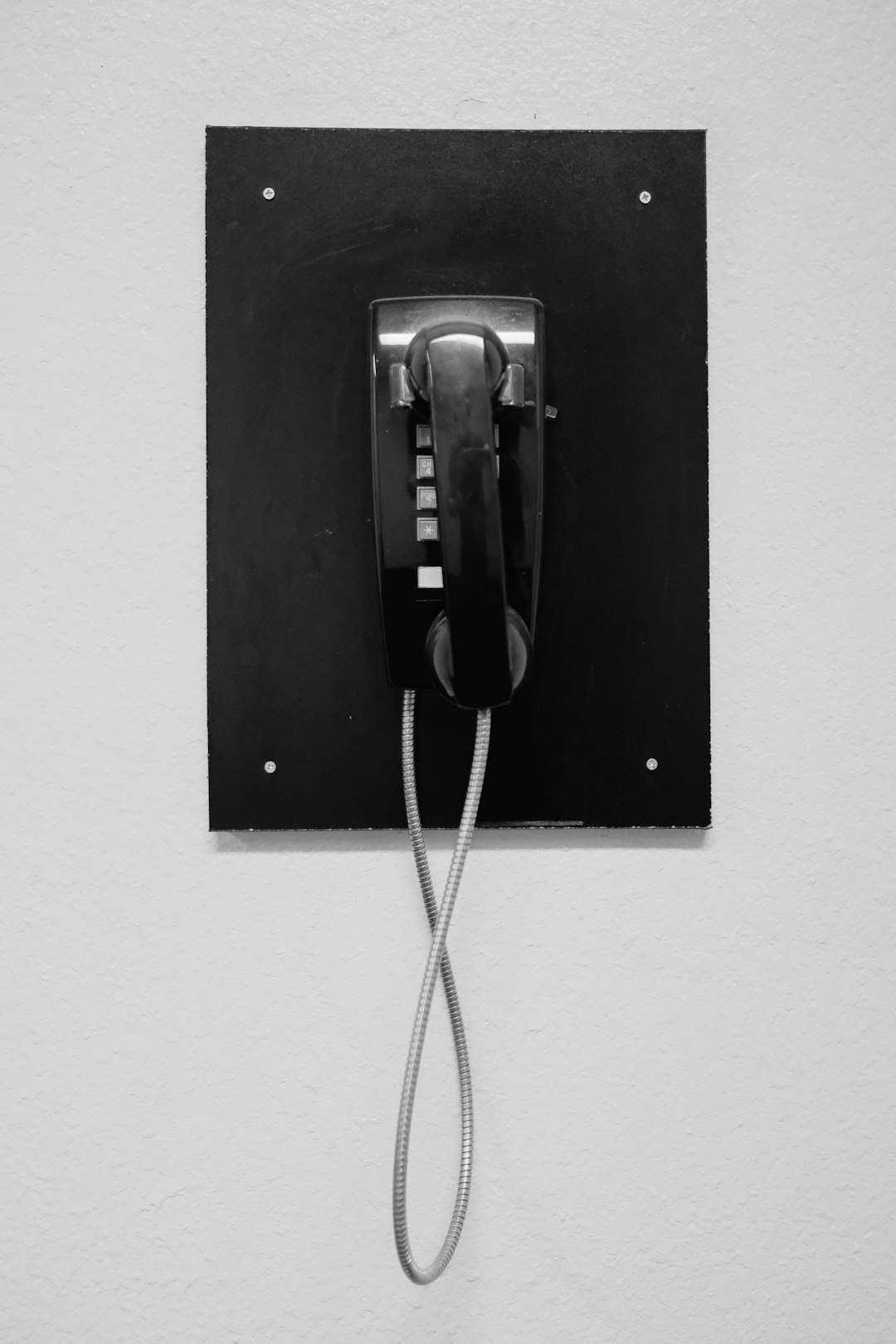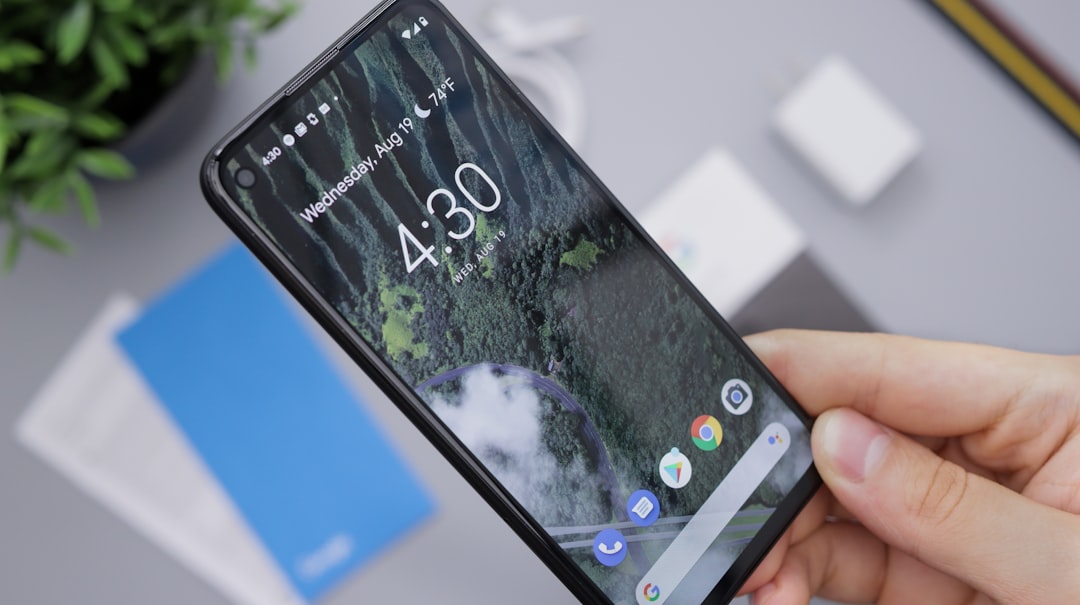Michigan's Do Not Call (DNC) laws protect residents from unsolicited telemarketing calls, with citizens able to register on a statewide list. Exemptions for non-profits, government agencies, and businesses with prior relationships balance consumer privacy and legitimate business practices. Businesses must understand exemption categories, maintain accurate lists, and follow rules to avoid fines while respecting privacy under Michigan's DNC laws.
In Michigan, understanding and complying with Do Not Call laws is crucial for businesses aiming to protect consumer rights while managing their sales efforts. This article delves into the intricate relationship between Do Not Call lists and exemptions, exploring how these provisions impact both business operations and individual privacy. We’ll dissect Michigan’s legal framework, analyze exemption categories, and offer strategies to optimize list management, ensuring compliance and minimal disruption to legitimate business activities. Key focus: Do Not Call Laws Michigan, exemptions, and their effects.
Understanding Do Not Call Laws in Michigan: A Brief Overview

In Michigan, the Do Not Call laws are designed to protect residents from unwanted telemarketing calls. These regulations provide a level of control over how businesses can contact individuals for promotional purposes. The state’s law allows citizens to register their phone numbers on a statewide Do Not Call list, significantly reducing unsolicited call volumes. This measure aims to safeguard personal time and privacy by ensuring that only expected calls from known contacts or prior consenting parties reach Michigan residents’ phones.
Michigan’s Do Not Call laws are enforced by the Attorney General’s Office, which takes action against violators. Businesses that ignore the regulations face potential fines and legal repercussions. Exemptions exist for specific types of calls, such as those from non-profit organizations, government agencies, or businesses with a pre-existing relationship with the caller, ensuring a balance between consumer protection and legitimate business practices.
The Role of Exemption Categories in the Legal Framework

In the intricate legal landscape surrounding telephone solicitation and consumer privacy, exemption categories play a pivotal role in shaping the effectiveness of Do Not Call (DNC) lists in Michigan and beyond. These exemptions are carefully crafted provisions within Do Not Call Laws that permit certain types of calls to proceed despite a consumer’s registration on the DNC list. By categorizing exempt callers, these laws strive to balance the rights of consumers seeking privacy with businesses’ legitimate marketing and informational needs.
Exemption categories cover diverse entities, including political organizations, non-profit groups, and companies making outbound calls for specific purposes like survey research or collection activities. Each category has its own set of rules and guidelines, ensuring that only authorized callers are exempt from the DNC list restrictions. This nuanced approach allows Michigan residents to enjoy enhanced privacy while still enabling businesses to engage in necessary communication with consents consumers.
Impact on Businesses: Navigating Exclusion Criteria

The impact of exemptions on the effectiveness of Do Not Call lists is a critical aspect often overlooked in discussions around consumer privacy protection. In Michigan, businesses operating within the state are subject to strict Do Not Call Laws, which aim to safeguard residents from unwanted telemarketing calls. However, these laws include specific exemption criteria that allow certain types of organizations or callers to bypass the restrictions.
Navigating these exclusions can be complex for businesses, as they must carefully evaluate their eligibility and comply with the corresponding regulations. For instance, charities, political organizations, and companies offering products or services to a customer who has previously done business with them are often exempt. Businesses must stay informed about these exemptions to ensure they are not inadvertently violating the law and facing potential penalties. Effective strategies include keeping detailed records of calls made, maintaining up-to-date contact lists, and regularly reviewing exemption guidelines to adapt their telemarketing practices accordingly.
Consumert Protection vs. Commercial Interests: Balancing Act

The effectiveness of Do Not Call lists in Michigan, and across the nation, is a delicate balance between consumer protection and commercial interests. On one hand, these laws aim to safeguard individuals from unwanted telemarketing calls, providing them with control over their personal phone lines. This is particularly important for those who receive calls from scammers or aggressive sales representatives, which can be a significant source of harassment and distress.
However, exemptions within Do Not Call Laws can complicate matters. Businesses often advocate for these exemptions to protect their legitimate marketing efforts and revenue streams. The challenge lies in defining what constitutes a “legitimate” call versus an unwanted one. For instance, political organizations or charities may argue that their calls serve important social purposes, requiring them to be exempt from restrictions. Balancing these conflicting interests is crucial to ensuring that Do Not Call lists remain effective tools for protecting consumers without unduly hindering business activities.
Strategies for Optimizing Do Not Call Lists Amidst Exemptions

To maximize the effectiveness of Do Not Call lists, especially in light of various exemptions under Michigan’s Do Not Call Laws, businesses should adopt proactive strategies. Firstly, conduct regular and meticulous list maintenance to ensure accuracy and remove any outdated or invalid numbers. This includes regularly updating customer preferences and opt-out choices, as well as verifying the validity of phone numbers through automated tools.
Secondly, businesses must be aware of and comply with specific exemption categories outlined in Michigan’s regulations. For instance, numbers on a valid Do Not Call list may still receive calls if the caller is a charity, a government agency, or has obtained prior express consent from the number owner. By understanding these exemptions, companies can strategize their outreach methods to respect privacy while adhering to legal requirements.






